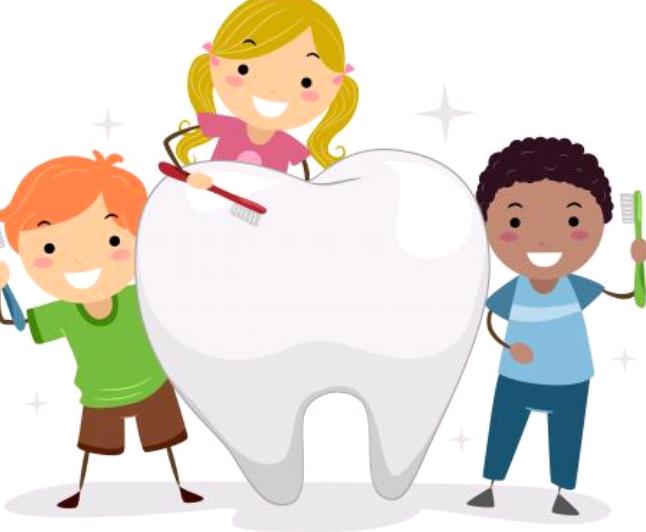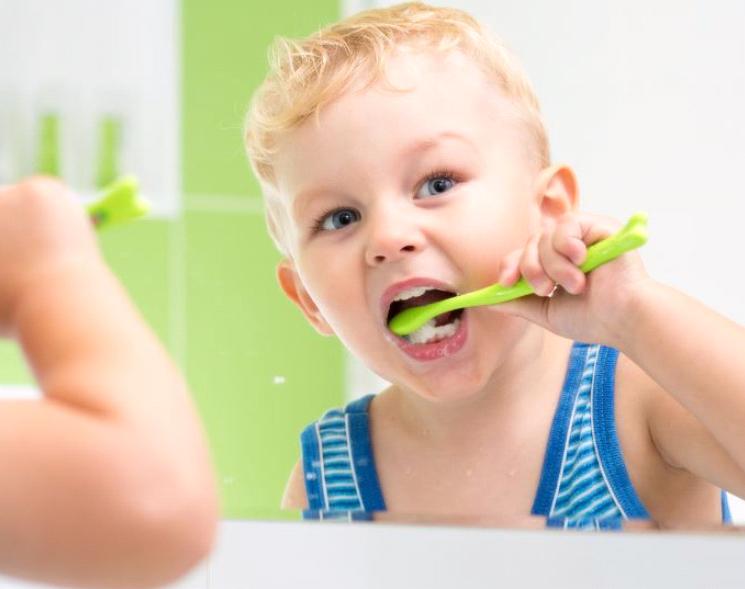- 30 years experience in the field of Special Education
Dental Health Tips for Kids
What Are The Unhealthiest Foods for Children?
July 18, 2016How to Prevent Acne
July 28, 2016 Just because your child’s baby teeth are going to fall out anyway that you don’t have to take special care of them. Many parents assume that these are merely “temporary teeth”, so letting your child have an endless stream of suckers or having a perpetual bottle of sugary soda or juice is A-Okay. It is not, because good oral health begins with youngsters, and, if that regimen of taking care of your teeth properly at an early age becomes routine, it will set the standard of good dental practice into adulthood.
Just because your child’s baby teeth are going to fall out anyway that you don’t have to take special care of them. Many parents assume that these are merely “temporary teeth”, so letting your child have an endless stream of suckers or having a perpetual bottle of sugary soda or juice is A-Okay. It is not, because good oral health begins with youngsters, and, if that regimen of taking care of your teeth properly at an early age becomes routine, it will set the standard of good dental practice into adulthood.
Dental health tips
With regard to dental health and your child, it shouldn’t surprise you that there are some genetic factors that might rear their ugly heads. Does that mean genetics might enter the equation, even if you stand guard while your child brushes his or her teeth twice a day, flosses and rinses with mild mouthwash, and STILL might not receive a glowing bill of health at the next dental visit? Genetically, your gum structure and strength of your teeth may have been handed down – that’s good if they are in excellent condition and have never been problematic, but, if not… your child may have inherited a mouthful of trouble. Additionally, there may be a larger share of cavities if your city water supply is not fluoridated, or you have not used fluoridated toothpaste on your child since that very first baby tooth. These factors are why tooth decay is so problematic amongst children.
So, after reading the above paragraph, you now know that the last cavity didn’t necessarily mean you were a bad parent. Whew! Don’t agonize that YOU did something wrong, especially if you have been prudent about what food or beverages your child has ingested, thus, you’ve limited sticky candies and sugary sodas. Here’s a fact or two for you to chew on: unbelievably, on average, one in four preschoolers in the United States has already experienced a cavity, and, that number grows to 55 percent by the time they are old enough for kindergarten. Tooth decay is much more prevalent than asthma, another common childhood malady – in fact it is five to eight times more common than asthma. If tooth decay in children is not remedied, it quickly can interfere with a child’s ability to eat, sleep, speak properly, learn, or pay attention in school. Thus, fluoride toothpaste and treatment is a Godsend that can block cavities by helping to re-mineralize areas of teeth that have been attacked by bacterial acids.
Pediatric dentists have a few pointers worth sharing that can help prevent cavities in children. If you live near South Orange New Jersey and would like to discuss your child’s dental health with a top dentist you should contact a general dentist in South Orange. South Orange dentists are experts at answering all of your dental questions and can make a dental health plan for your child.
The use of fluoride
#1 – Use fluoride toothpaste from the beginning. While you might have thought that using non-fluoridated, “safe if swallowed” toothpaste for toddlers was the way to go, the key phrase would be “non-fluoridated”. You might be surprised to learn that the American Dental Association (ADA) has changed its longstanding guidelines to recommend that parents use fluoridated toothpaste once a baby gets its first tooth. This is because tooth decay has become an epidemic, and this is why fluoride is now recommended at such a young age. If you are wondering how much toothpaste to put on your little one’s teeth, the ADA suggests using a tiny, grain-of-rice-size smear at first, then graduate to the size of a pea by age 3.
#2 – Further, as to the topic of fluoride, if you are one of the 25 percent of Americans whose city water supply isn’t fluoridated (or you use well water), it is likely your child’s pediatrician or pediatric dentist will prescribe a daily chewable, fluoride-plus-multivitamin before bed. Even though there are a growing faction of people who frown on any ingested toxins (which would include fluoridated water), the Centers for Disease Control and Prevention, the American Academy of Family Physicians, the ADA, and the American Academy of Pediatric Dentistry (AAPD) fully support the practice.

Get your child to the dentist
Start out early and do it regularly, just like you do for your dental health. Adults need a dental checkup and cleaning twice a year, and so do kids, regardless of whether they have the permanent teeth in or not. The American Academy of Pediatrics say you should take your child to the dentist by his or her first birthday. This is so your dentist (or pediatric dentist if you so choose) can establish a baseline for your child’s dental health. Your dental practitioner will conduct a thorough exam, obtain a dental history, give pointers to parents on proper brushing habits and cavity prevention, assess risk based on parental dental history and establish the dental visitation schedule.
Implements for your oral care
If you are concerned about tooth decay, before your child’s first tooth even pops, you can use infant tooth and gum wipes once a day. This may be hard to believe, but the act of sharing spoons or cups with your infant after your saliva has touched them can encourage bacteria in your infant or child’s mouth.
When those teeth finally do “pop”, use a soft brush on all surfaces for at least five minutes, and don’t forget to floss religiously.
Commit these dental health tips to memory so that your child enjoys a lifetime of good oral health.
